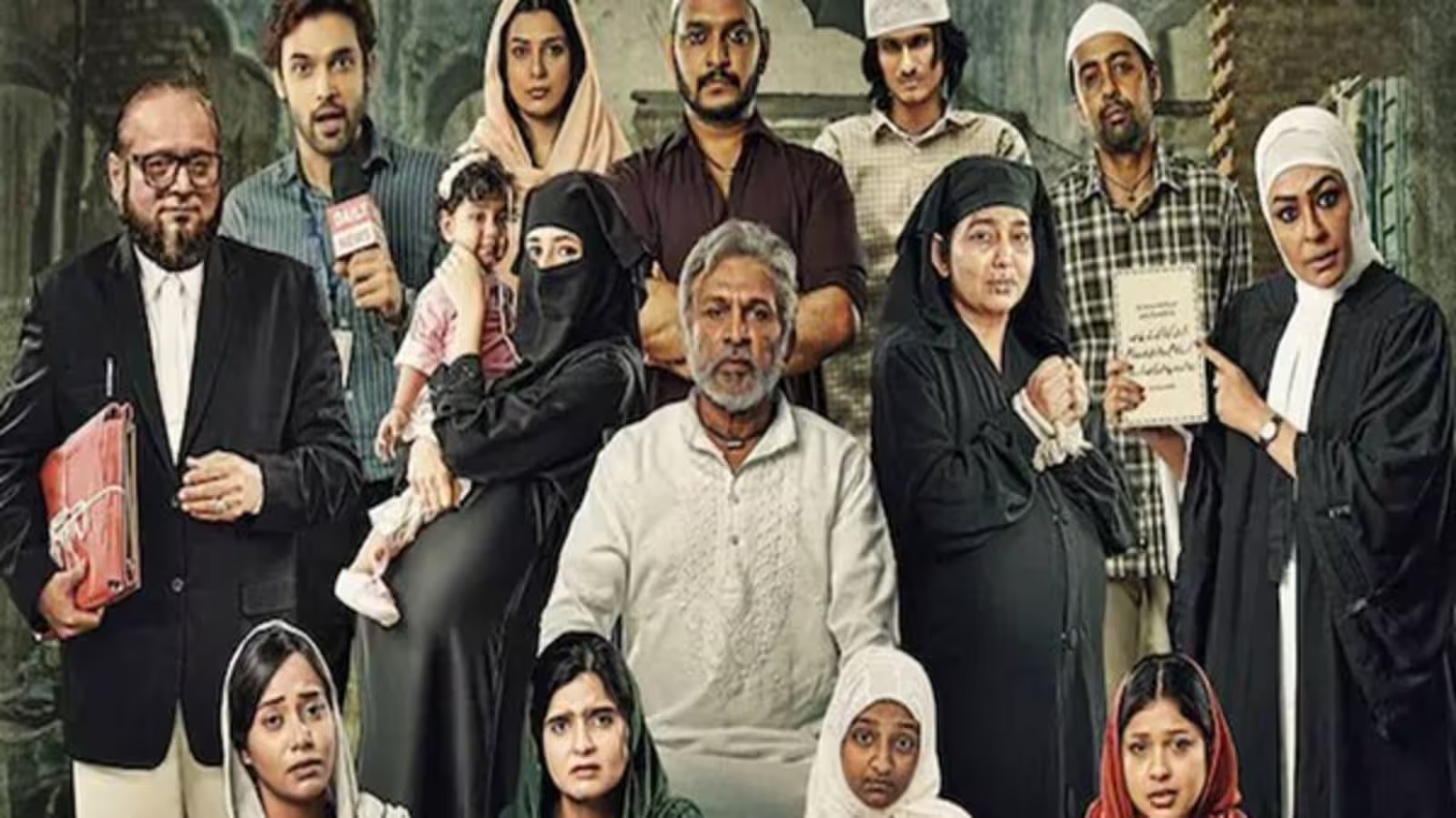Context:
Recently, the Karnataka government banned the screening of a Hindi movie named ‘Hamare Baarah’ in the state.
More on the News
- The State government issued a ban on the exhibition of the film and its trailers for two weeks or until further notice, on the grounds that the film may disrupt peace and communal harmony in the State.
- The State government passed an order under Sections 15(1) and 15(5) of the Karnataka Cinema Regulations Act 1964 to halt the screening of a film.
These sections give the state the right to suspend the exhibition of a film if it is of the opinion that the film can breach the harmony and peace in the state. - The government’s concerns mainly revolve around certain dialogues that could anger members of specific religious groups and the disrespectful portrayal of a minority community.

Judicial Pronouncements in these matters
- The Bombay High Court had earlier stayed the release of the film. However, the Court lifted the ban after the producers offered to remove some controversial dialogues.
- The Bombay HC in its ruling observed that allowing an individual to stall the release of a certified film would encourage film producers to be held to ransom is consistent with judicial precedents.
- The Supreme Court of India has in several cases rejected the idea that a book, play, or film can be banned due to the threat of protests or violence.
- In a significant judgment in S. Rangarajan vs P. Jagjivan Ram (1989) on the film, Ore Oru Gramathile, the Supreme Court emphasized that freedom of expression cannot be suppressed because of the fear of demonstrations or threats of violence.

